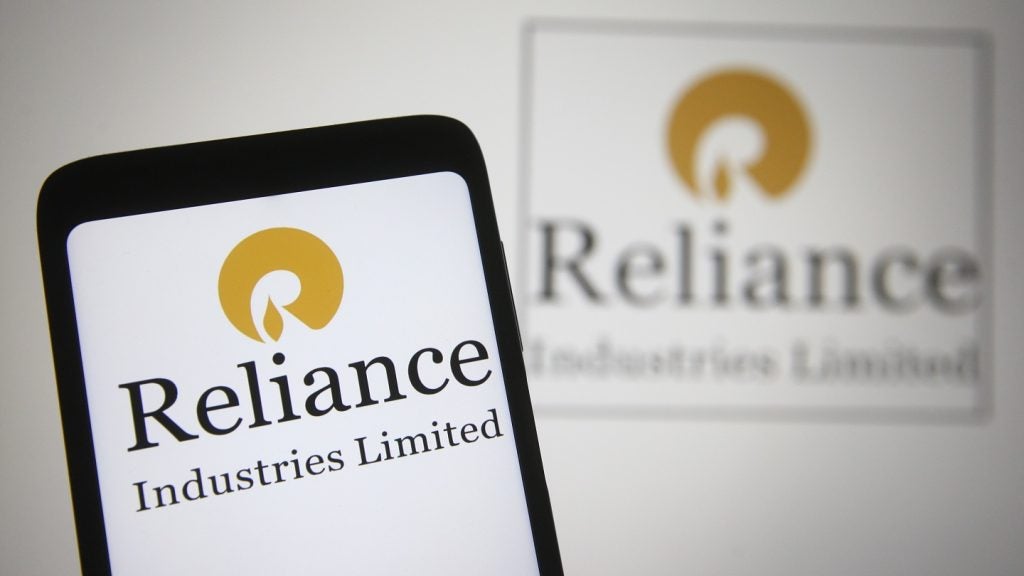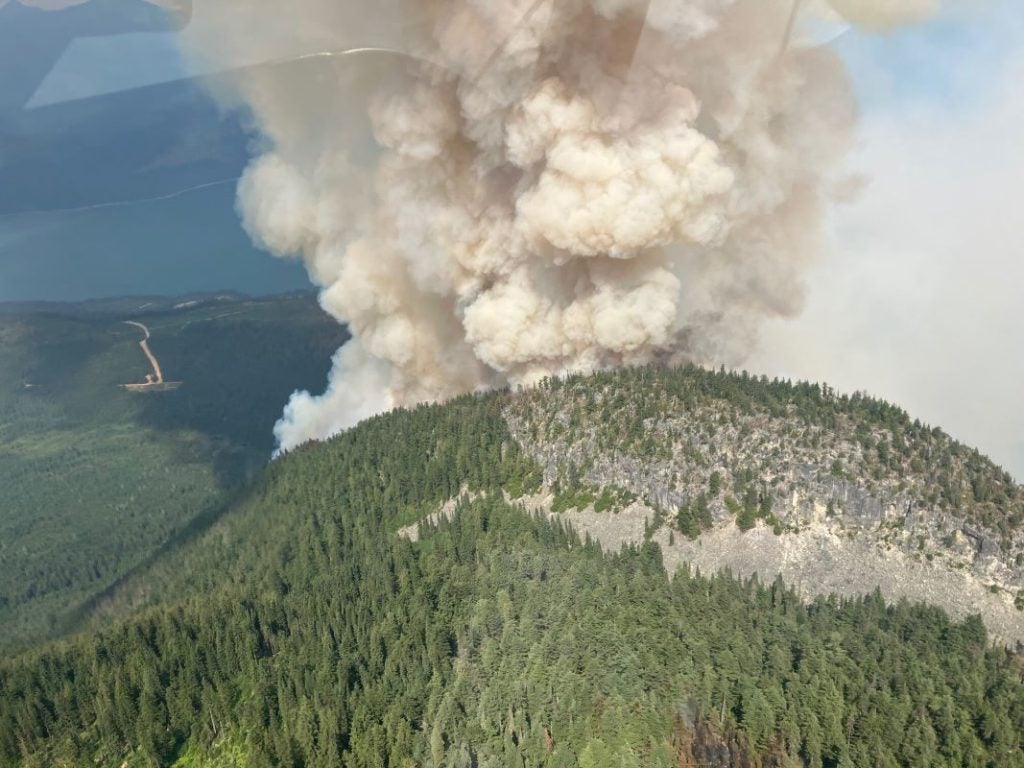Industrial safety can be defined as the ability to manage the risks inherent to operations or related to the environment. Industrial safety is not a dislike of risks; rather it is a commitment to clearly identify them in relation to production operations, assess them in terms of quality and quantity, and manage them.
For Total, that means, in practical terms, regularly looking at how risk management is addressed at the company’s facilities and how much progress the company has made in its action plans to reduce them.
Total is exposed to three types of risk: risks related to the products that we use or make; risks related to the processes and equipment used in our operations; and transportation risks related to our operations.
Risk is never acceptable in itself. A risk is acceptable or unacceptable in a given environment at a given time. A risk may be considered to be less serious when the environment is not very sensitive, but is assessed more critically when the same operations are conducted in a more sensitive environment.
Risk acceptability is assessed through dialogue and cooperation between the company and its environment throughout a facility’s lifetime. In the past, dialogue did not seem as necessary as it is today, particularly in France. After the Toulouse disaster, a wide-ranging national debate revealed the increased importance of cooperation among stakeholders.
Total is aware of the need to broaden dialogue and is an active participant in the process. 2004 was the third year of application of Total’s 2002–05 safety action plan, which focuses on two areas and is supported by real-world targets.
How well do you really know your competitors?
Access the most comprehensive Company Profiles on the market, powered by GlobalData. Save hours of research. Gain competitive edge.

Thank you!
Your download email will arrive shortly
Not ready to buy yet? Download a free sample
We are confident about the unique quality of our Company Profiles. However, we want you to make the most beneficial decision for your business, so we offer a free sample that you can download by submitting the below form
By GlobalDataOPERATIONAL ACCIDENTS
The first avenue of improvement is reducing occupational accidents. Total is targeting a 60% reduction in the total recordable injury rate between 2002 and 2005. These quantified targets send a strong message, underpinned by an equal concern for Total employees and contractors; the indicator used does not differentiate between results for company employees or contractors.
At the end of 2004, Total was in line with its targets, reporting a decline of 52%, compared with a target of 45%. Other indicators confirm this initial success:
- Lost-time incidents have also declined
- Employee and contractor incidents have declined in similar proportions
Each business and operation contributed to Total’s success in 2004. However, a lot more still needs to be done. The company’s second avenue of improvement is preventing major risks. Initiatives in this area include a dedicated €500m safety plan, deployed mainly in refining and marketing and chemicals business units.
Most of the money was allocated to projects in France, historically home to most of Total’s facilities. The company rebuilt or blast-proofed control rooms and enhanced the safety of hazardous materials storage facilities, focusing on the oldest installations.
SAFETY MANAGEMENT SYSTEMS
In addition, the businesses assigned considerable resources to strengthen their safety management systems and check their effectiveness through audits.
A safety management system is a set of internal rules designed to ensure that industrial risks related to the operation of facilities are managed carefully and over the long term. At Total, each unit has a safety management system tailored to what it does. Although systems differ with the type of facility – for instance, refineries or oil depots, large sites or small sites – it is still essential to ensure the constant effectiveness of all organisations.
The objective for the end of 2009 is to ensure that sites presenting technological risks not only have safety management systems (which they already do) but also that they have been audited using a consistent, internationally recognised rating system.
This process is already underway in the chemicals business unit, whose sites are being audited to International Safety Rating System (ISRS) standard. Oil depots are audited using the International Small Site Safety Rating System (ISSSRS), a simplified version of the ISRS. The upstream audit process is known as MAESTRO, but the principle is the same.
At the end of 2004, 58% of Total’s sites had been audited. Between now and 2009, a number of sites will be audited to ISRS or a similar standard every quarter, which will enable them to measure the progress already made – and still to be made.
Total executives were satisfied with the good results of the first three years of the plan, but there were, sadly, fatalities involving both Total and contractor employees.
The target for the company in this area is zero accidents. Every fatality is the subject of dedicated investigations, which have shown that transportation and driving accidents account for more than half of the total. For that reason, as in previous years, Total has emphasised eliminating road risks. This will continue to be a major focus in the coming years.
CROSS-COMPANY IMPLEMENTATION
A lot of different actions are being implemented in all of the company’s units.
In 2004, the marketing Europe unit encouraged carriers to introduce auditable safety management systems, in a wide-ranging initiative deployed across Europe that will strengthen transportation safety.
In addition, each unit worldwide has to appoint a driving safety correspondent who will be responsible for cascading the Group’s policy through all businesses and subsidiaries. This network will efficiently relay an effective driving safety policy across the organisation.
Another example concerns major risk management. In early 2005, Total issued a Group Safety Guideline on risk analysis methodology. The guideline offers a solid foundation for a shared process to analyse industrial risks and rank them uniformly across the group.
It will be supported by an application guide prepared by experts and will encourage the sharing and pooling of expertise in a way that everyone understands.
Total plans to pursue the same improvement avenues as in the 2002–05 plan. In other words, reducing the incident rate and preventing major risks will continue to be the company’s main focus. Transportation is an integral part of both.
One of the most prolific sources of enhanced safety is strengthening feedback on accidents inside and outside the Group and sharing the lessons learned.
That was the case, for example, with the Ghislenghien disaster in
Belgium on 30 July 2004, when an accidental leak from a gas pipeline had tragic consequences. Total did not even wait for the formal investigation findings before beginning a review of its procedures for monitoring pipelines and work being done near them, as well as its emergency response capabilities.
AIMING HIGH
Total aims to be an industry benchmark for industrial safety. Today, just a few oil and chemical companies have an internationally recognised safety reputation.
For Total to join their ranks, the company must instil a group-wide safety culture that informs all decisions and behaviour. Everyone at Total has to share this commitment to making safety a core value that is reflected in attitudes and mindsets on the ground.







